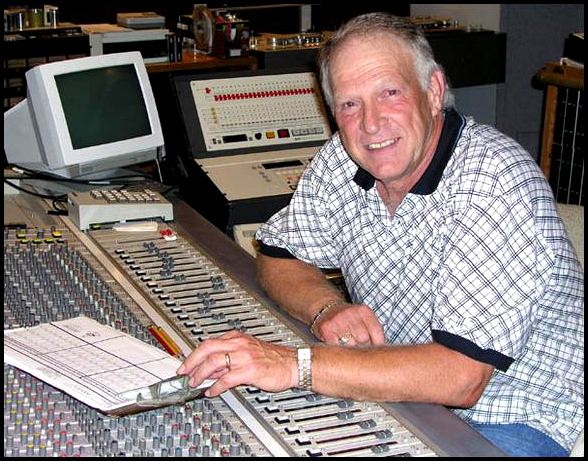Southern Gospel Music is typically sung in 3 or 4 part harmony with a distinct southern style combining country, blues and black gospel music. The lyrics are strong, truthful and easily portray the gospel message. The term southern has been applied to a particular type of gospel sound that has its origins in the Bible Belt States. Today’s society, with it’s mobility, has allowed southern gospel music to expand beyond the borders of the southern states. Southern Gospel Music is now enjoyed all over the United States and throughout the world. Through the wonderful technology of the internet, Sonlife has received requests for music from Africa, Asia, Alaska, Germany, Chile and the Fiji Islands, just to list a few. With today’s technology, Southern Gospel Music has no boundaries.
In the past it was the simple chord structures that made gospel music distinct, but today’s southern gospel music can include almost any instrument, thus improving the quality of recordings and the performance of many gospel music performers.
It is also a combination of the gospel message and entertainment that makes southern gospel music so powerful and popular. There are so few activities that a family can enjoy together, but gospel music definitely is all inclusive family entertainment. The ability to have fun and be entertained while at the same time spreading the message of Jesus Christ is at the heart of southern gospel music. Through the smooth harmonies and the rich blend of southern gospel quartets, lives have been changed and enriched. Southern Gospel Music will forever be a conduit that gives the world a smile each day while leaving a melodious message in the heart of the listener!
To the Sonlife Quartet, Elmer Cole (above) is, without reservation, what we consider one of the Deans of Southern Gospel music. We are so proud to call him our Brother and Friend. He has produced and engineered 16 projects for Sonlife while honoring us with the privilege of recording countless songs which he as written. He has personally shared with us the story behind the inspiration for his greatest song ‘Ten Thousand Years’.
Now, to continue with the story of Southern Gospel Music ……In the beginning…….
In early 1870, Ephraim Ruebush, a Union soldier and Aldine S. Kieffer, a Southern musician became business partners and founded the Ruebush / Kieffer Publishing Company and began printing sacred and Gospel songs. Southern sacred songbooks had always been written in a four-note system known today as ‘Sacred Harp’. Ruebush and Kieffer created a seven-note scale (known today as shaped notes) that provided a completely different style of harmony and certainly a different sound. They began publishing a songbook on this new scale.
In 1874, Ruebush / Kieffer created the Ruebush / Kieffer Normal School to teach the new shape-note style of music. In 1883, James D Vaughan became a pupil. He could not get Southern Gospel Music out of his mind, so in 1902 he took the biggest step of his life. He packed up the family, moved to Lawrenceburg, Tennessee and opened the James D Vaughan Publishing Company. The company grew slowly. In 1909, he sold about 30,000 songbooks. He came up with an idea that he felt would really put his company on the map. He formed a traveling quartet to promote ‘The Book’. In May, 1910, the first professional all-male Southern Gospel Quartet in America hit the road. In their first year, the quartet doubled the sales of songbooks to 60,000. The next year 75,000 and in 1912, they sold 85,000. Along the way the Quartet was growing more popular. In 1911, he started the Vaughn School of Music. It became the birthplace of many styles and harmonies that exist today.
In 1921, Vaughan opened a branch of his music company called Vaughan Phonograph Records. Recordings were made under the Vaughan label and advertised as the first and only Southern Gospel records in the American market-place. It is fact that a Vaughan Quartet recorded the first Southern Gospel Quartet record a year before the first country music recording was cut. The business grew as he opened branch offices in Arkansas, Mississippi, South Carolina and Texas. He sent a man named V.O. Stamps to run the Texas office. As Paul Harvey would say, “And now, you know the rest of the story”! From this event would come the famous Stamps/Baxter Music Company. By the middle twenties, Vaughan had sixteen full-time Southern Gospel Quartets on the road.
Today, industry officials estimate there are over 8,000 amateur and professional Southern Gospel groups singing in all 50 states with many quartets touring foreign countries.

